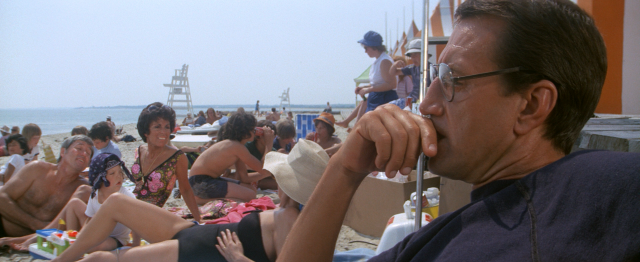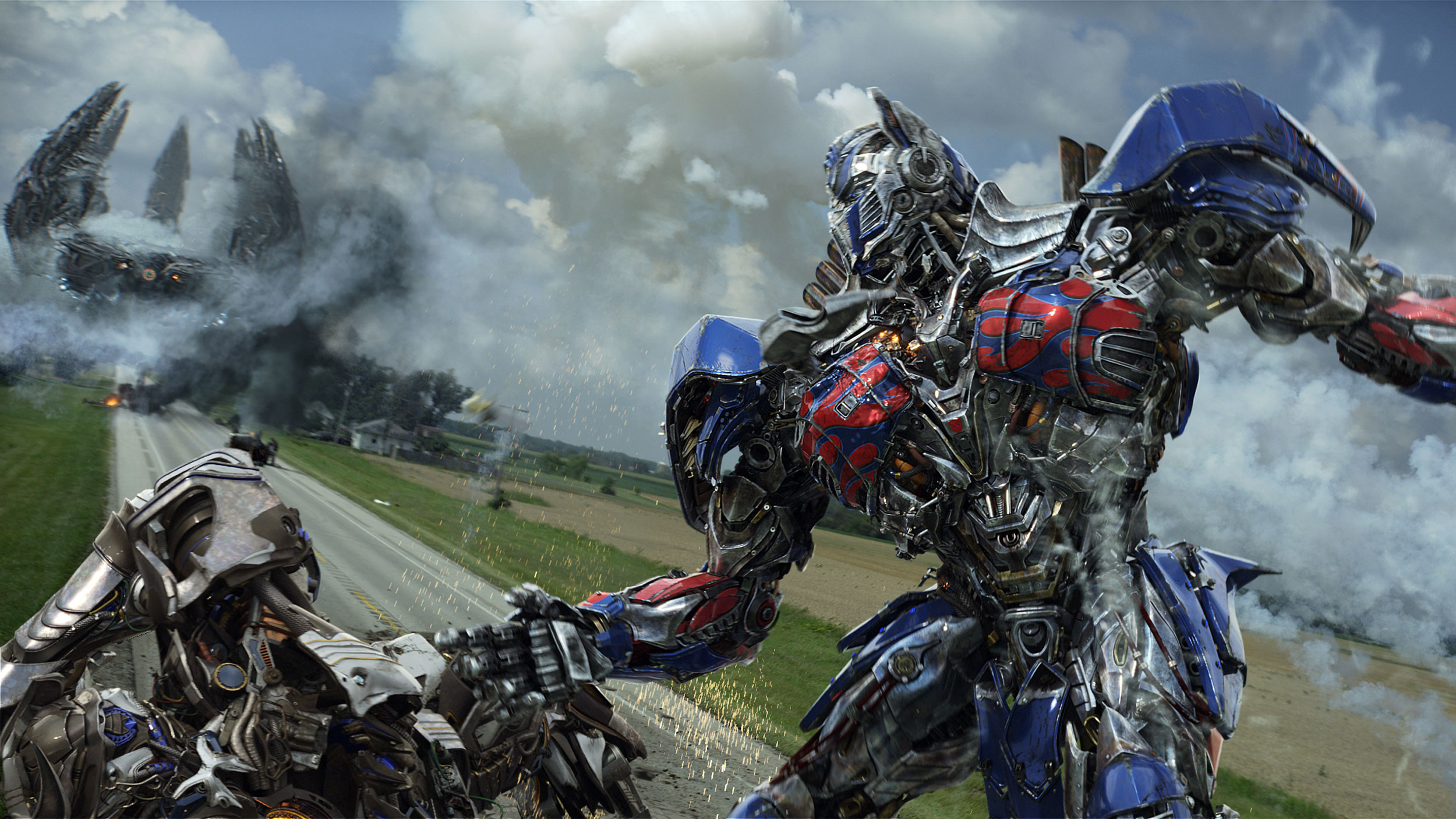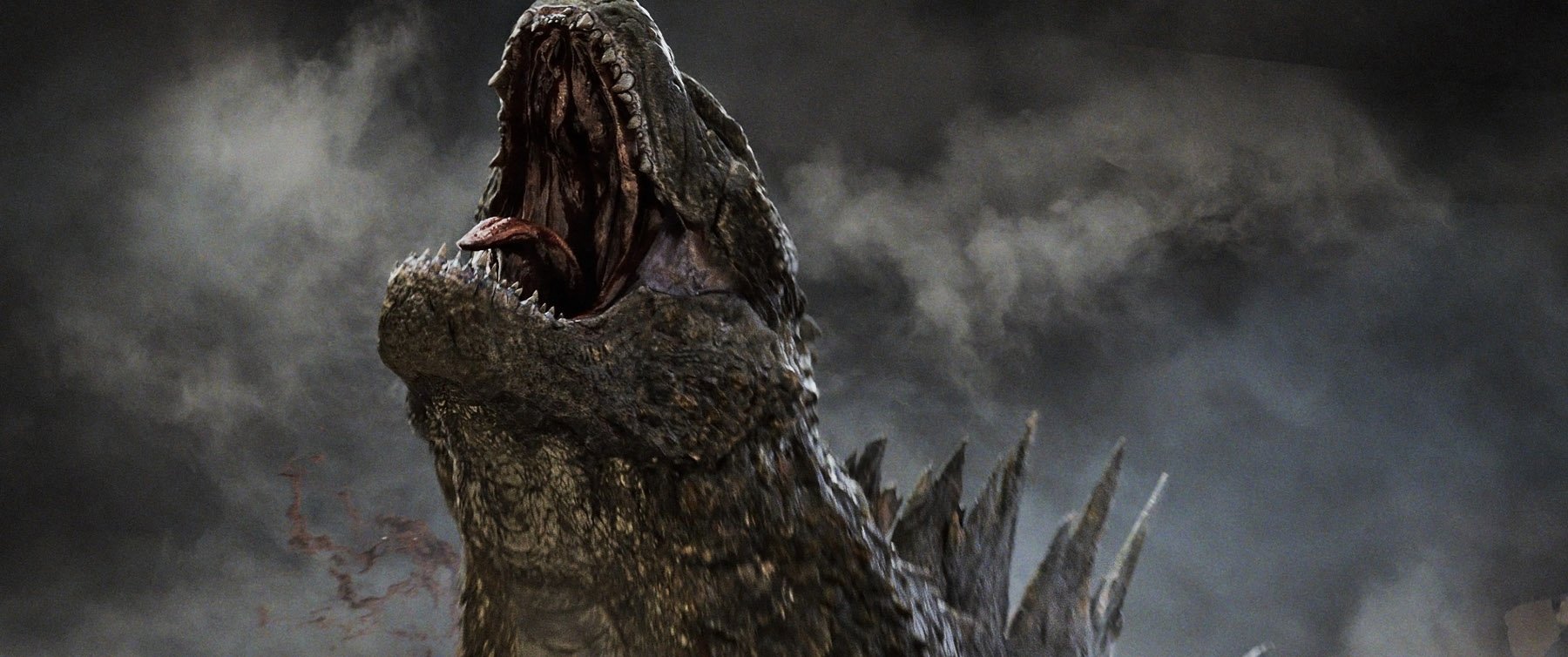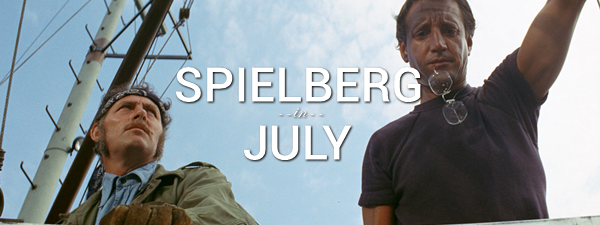
Trope Talk is my way of dishing out and breaking down the timeless and the tiresome of cinema’s most recognizable tropes, archetypes and formulas. Inspired partly by FTS’ director of the month for July, Steven Spielberg, who has given us some of the most memorable and well-respected blockbusters of all time, this edition of Trope Talk will explore what makes a summer blockbuster successful both critically and at the box office.
It is an undeniable fact that, even with certain outliers in his repertoire of work, like The Color Purple (1985) or Lincoln (2012) just to name a couple, Spielberg does blockbusters— and he typically does them very well and dabbles in an impressive array of genres. But that begs the question, what does it mean to be a blockbuster, and more importantly perhaps, what does it mean to make a good one?
Summer is, of course, the biggest time for some of the biggest releases and thus another perfect opportunity to consider these questions. The newest Transformers movie is an interesting case study to start with: it was the first film of this season to break the $100 million mark, but it also got predictably poor reviews from critics. So is the takeaway that average people simply don’t care, at least not where giant robots and explosions and Michael Bay are concerned?
I personally think that a “good” blockbuster needs to have a balance between being entertaining— that is, satisfying on a strictly visceral, popcorn-binging level—and being something more than that. But, perhaps, a blockbuster does not need to be “good” to succeed with audiences. I, for one, believe the goal should be to achieve a balance with regard to who is seeing and enjoying these movies, as well— pleasing both less and more discerning viewers.
I don’t think anyone would argue then that the often loud and nonsensical Transformers franchise achieves any kind of higher caliber of blockbuster, like Spielberg’s films often have, but I think we’re at the point—four movies in—where we may have to accept the fact that what is “good” doesn’t always hit those box office marks and that many people don’t see a summer blockbuster based on what better qualities it does or does not boast.
So, what makes a “good” blockbuster, you may ask? Critics are aware that there are bound to be action sequences, special effects, and other such big budget attributes in any given genre during the summertime blockbuster boom. Those tropes are to be expected. However, as someone who sort of straddles the line between average movie-goer just looking for a good time and wannabe critic looking for something more than that, I believe there are ways of approaching those elements that can make a blockbuster truly great.
Action sequences should be well-choreographed, exciting, and suspenseful— they should strive for being unique so as not to seem boringly conventional, but without going so over the top that the already implausible appears laughably impossible. Special effects need to be polished and pristine—rough CGI, or even good CGI when relied upon too heavily, can be distracting. Essentially, if you’re going to make a blockbuster, its main characteristics can’t be sloppy.
Now, the other tricky thing for filmmakers, if they so choose to try to please everyone, is creating characters and a story that are smart, compelling and well-developed. Another fascinating case study, of course, would be this year’s Godzilla reboot. Some claim that there was too much human drama and not enough monster mayhem (or that the latter came too late, assumedly in support of the former). Others complained that the human characters were actually too bland and underdeveloped. Others interpreted the bland and underdeveloped characters as an intentional choice, to make the humans seem thematically inconsequential in comparison to the creatures, while others applauded the film for grounding the story in real human characters. I think the fact that such debate even existed surrounding what could have been a straightforward blockbuster proves that Gareth Edwards has created something better than simply that.
And yet, this summer’s box office numbers so far pale in comparison with the figures Iron Man 3 achieved last summer— not only do the numbers not match, but even the best reviewed blockbusters of this summer are slipping further and further down the box office rankings with each passing week. X-Men: Days of Future Past has earned the most so far, it seems, and also received mostly stellar reviews, but neither its critical nor mass appeal has given it the staying power it deserves. Maybe we have too many would-be blockbusters, good and bad, emerging one right after the next, and even the best of them seem to fall short of legendary.
So, maybe we will never get another Steven Spielberg. But with Spielberg himself still working, we may not necessarily need one yet. That being said, I think it’s important for filmmakers to understand all the cogs and components of a blockbuster before setting out to make one. Blockbusters are, at their very core, meant to be fun of course. But I’m a firm believer that film can be art, entertainment and storytelling all at the same time.




